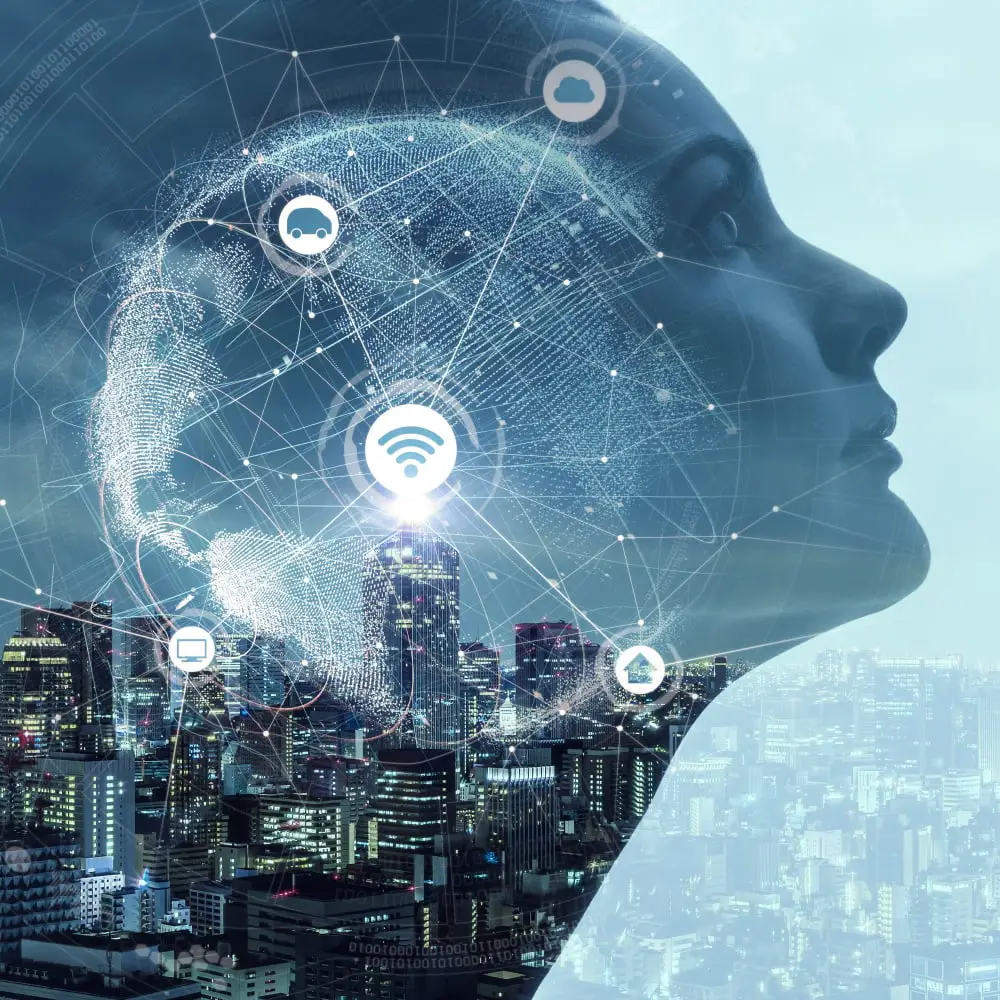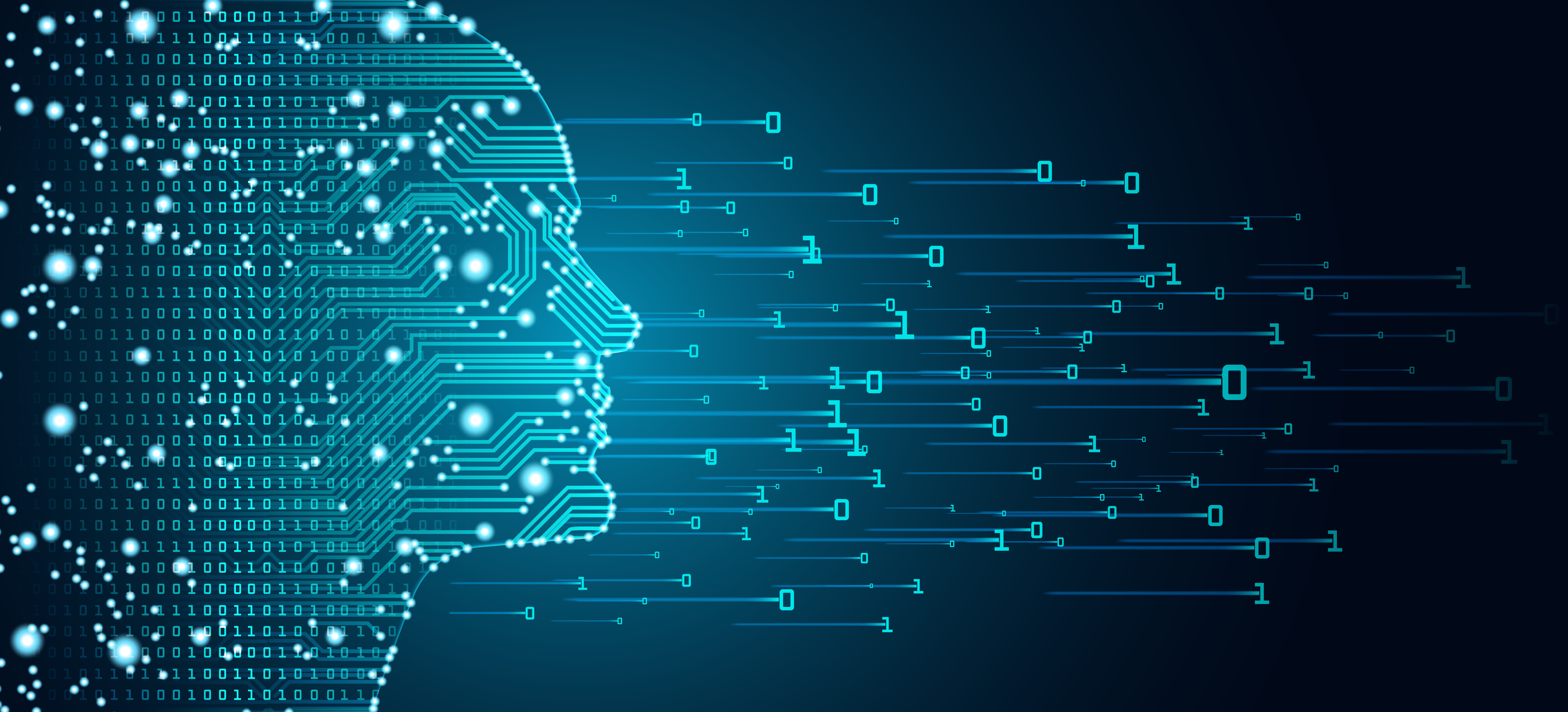The Future of AI in Reverse Engineering:

-
Introduction:
Artificial Intelligence (AI) has revolutionized various industries, and its impact on reverse engineering is notable. Reverse engineering involves taking apart an existing product or system to understand its design, functionality, and underlying principles. AI, with its advanced capabilities, offers a range of benefits in this field. -
Detailed Explanation:

-
Enhanced Data Analysis:
AI algorithms excel in analyzing large volumes of data, which is crucial in reverse engineering. These algorithms can extract key insights from various data sources, such as technical documentation, design files, and simulation results, helping engineers gain a comprehensive understanding of the target product. -
Automation of Processes:
AI-driven automation can significantly streamline the reverse engineering process by automating time-consuming tasks like data collection, data preprocessing, and feature extraction. This can free up valuable time for engineers to focus on more complex and value-added activities. -
Knowledge Extraction:
AI has the capacity to identify patterns, underlying design principles, and functional relationships within complex products. This knowledge extraction enables engineers to abstract and codify design knowledge, which can be reused in future product development projects. -
Design Optimization:
AI algorithms can be employed to optimize the design of the reverse-engineered product. By exploring various design alternatives and simulating their performance, AI can suggest modifications that lead to improved functionality or manufacturability. -
Machine Learning and Feedback Loops:
Modern AI techniques, particularly machine learning, allow for continuous learning and refinement of the reverse engineering process. By analyzing and incorporating feedback received during the testing and deployment phases, AI systems can adapt and improve their reverse engineering accuracy and efficiency. -
Real-Time Feedback:
AI can facilitate real-time feedback during the reverse engineering process, alerting engineers to potential issues or areas requiring adjustments. This enables prompt and precise modifications, preventing costly delays and ensuring adherence to quality standards. -
Interdisciplinary Collaboration:
AI offers a common platform for interdisciplinary collaboration among engineers, scientists, and product designers. It facilitates effective knowledge sharing, promotes idea generation, and encourages exploration of diverse perspectives, ultimately leading to more innovative reverse engineering solutions. -
Secure and Ethical Considerations:
As AI becomes increasingly integrated into reverse engineering processes, it is essential to address security and ethical concerns. Robust measures must be implemented to protect sensitive data, ensure data privacy, and guarantee ethical use of AI in reverse engineering practices.
- Conclusion:
The future of AI in reverse engineering promises groundbreaking advancements. As AIcapabilities continue to evolve, integrating AI into reverse engineering offers the potential to transform the field, leading to increased efficiency, enhanced design optimization, and more innovative product development. However, it is imperative to address ethical and security considerations to ensure responsible and beneficial use of AI in this context.

I came from the future to tell you that AI will revolutionize reverse engineering. With its ability to process vast amounts of data and learn from experience, AI will enable us to understand and extract valuable insights from complex systems with unprecedented speed and accuracy. Get ready for a transformative future where AI empowers us to unlock the secrets of the past and shape the innovations of tomorrow
I’m not so sure about that. AI is still in its early stages of development, and there are a lot of challenges that need to be overcome before it can be used for reverse engineering. For example, AI needs to be able to understand the complex relationships between different components in a system, and that’s no easy task
AI is already being used for reverse engineering in a variety of industries, and the results have been impressive. For example, AI has been used to reverse engineer the design of a new aircraft engine, which resulted in a 15% reduction in fuel consumption. AI is also being used to reverse engineer the manufacturing process of a new type of solar cell, which has the potential to make solar energy more affordable
I agree that AI has the potential to revolutionize reverse engineering, but I don’t think it will happen as quickly as some people believe. There are still a lot of challenges that need to be overcome, and it will take time for AI to mature to the point where it can be used for complex reverse engineering tasks
Oh, the irony! AI is being used to reverse engineer the secrets of the past, while at the same time it’s being used to create new technologies that will shape the future. It’s like a never-ending cycle of creation and destruction
Sure, AI is going to revolutionize reverse engineering. And I’m going to become the next president of the United States. Anything is possible, right?
I can’t wait until AI becomes so advanced that it can reverse engineer a new type of comedy that’s actually funny
I’m curious to see how AI will develop in the coming years. I wonder if it will ever reach a point where it can surpass human intelligence
I’m worried about the potential negative consequences of AI. What if it’s used for malicious purposes, such as reverse engineering weapons or surveillance systems?
I’m hopeful that AI will be used for good. I think it has the potential to solve some of the world’s most pressing problems, such as climate change and poverty
I think it’s important to be realistic about the potential of AI. It’s not going to solve all of the world’s problems overnight. But it does have the potential to make a significant contribution to our society
I’m cynical about the potential of AI. I think it’s just a bunch of hype. It’s not going to change the world as much as people think
I’m passionate about the potential of AI. I think it has the power to change the world for the better. I’m excited to see what the future holds